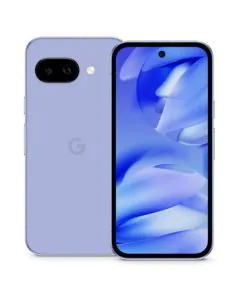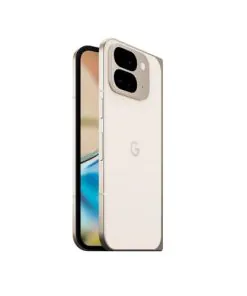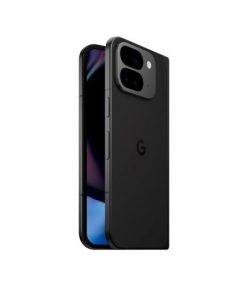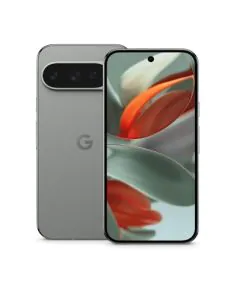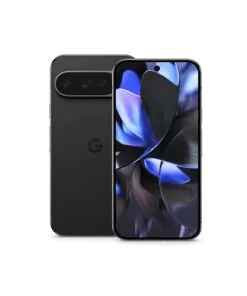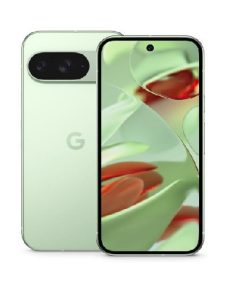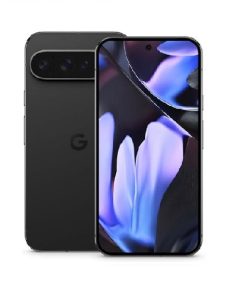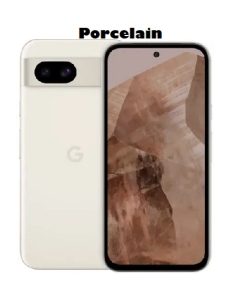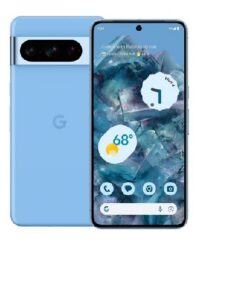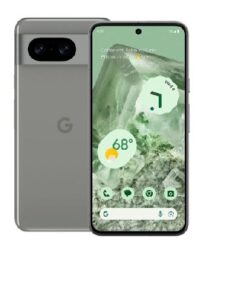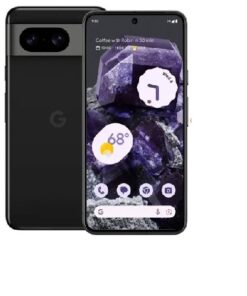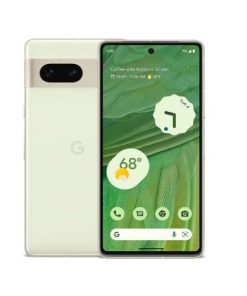KSh61,000 – KSh79,500
KSh186,000 – KSh249,000
KSh101,300 – KSh113,999
KSh79,000 – KSh93,500
KSh103,500 – KSh130,000
KSh51,400
KSh66,500 – KSh91,800
KSh59,999 – KSh71,000
KSh52,900 – KSh57,500
KSh46,300
Brands Apple Samsung Infinix Xiaomi Redmi Oppo Tecno Realme iTel Nokia OnePlus Nothing Google Vivo Philips
Google Pixel Phones in Kenya
Google Pixel phones are increasingly becoming popular in Kenya. This is because they are powerful, sleek, reliable, have long-term OS support (up to 7 years!) and are equipped with superb cameras. They are also reasonably priced compared to other flagship phones. At Gadgets Leo, we have all the latest Google pixel phones, from the latest google pixel 9 series to older version like google pixel 7.Latest Google Pixel phones in Kenya
The Pixel 9 Series is currently the latest in the Kenya Market. This series brings:- A powerful Tensor G4 chip and a redesigned flat-edge chassis
- The Base Pixel 9 model features a 6.3 inch display, 12 GB RAM, 50 MP main + 48 MP ultrawide camera.
- Pro/XL models add telephoto lens, more RAM (16 GB), 8K video, and larger batteries.
- AI enhancements, 45 W charging, and Satellite SOS connectivity


